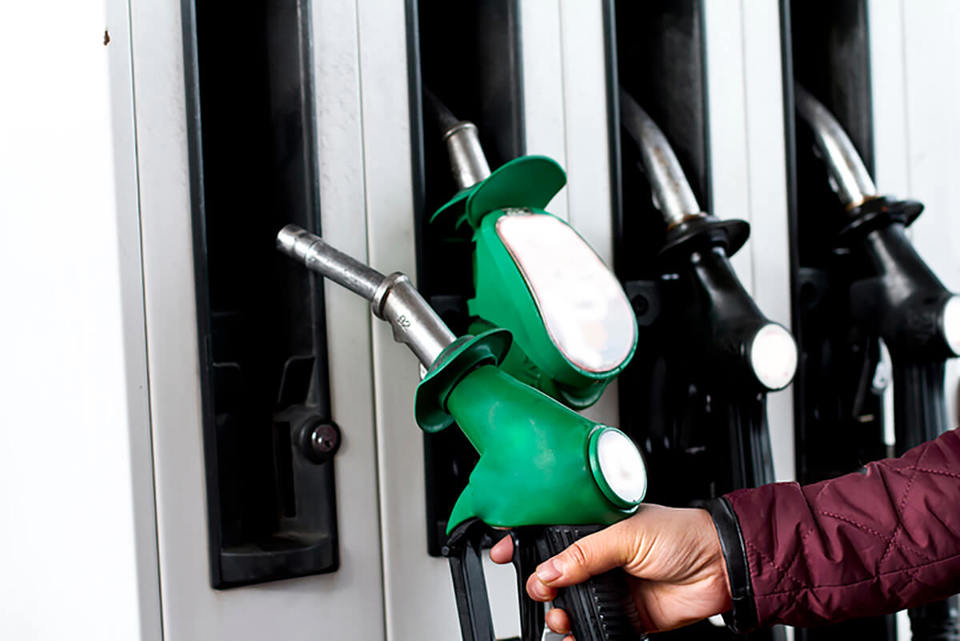Fleets should forget about any respite from record pump prices after Chancellor George Osborne appeared to reject a further cut in fuel duty.
The average price of diesel in the UK has overtaken the record set in May 2011, hitting 143.35 pence per litre (ppl) – the previous record high was 143.04ppl.
However, Osborne has said that fuel duty is six pence lower today than it would have been due to the action he had taken in November’s autumn statement and in his Budget last year.
“I have taken action this year to tackle fuel duty rises, which were planned by the last Labour government,” he said. “That involved committing several billion pounds of resources, it has involved putting a tax on oil companies instead of families and motorists and businesses, precisely to ameliorate the impact of these high world oil prices on the British public.”
The bleak message from the chancellor comes as FairFuel UK launches National FairFuel day by presenting a copy of a report to Number 10 Downing Street today (Wednesday, March 7).
The report claims that the Government could cut fuel duty on petrol and diesel without losing any taxation revenue.
The report was undertaken by the Centre for Economics and Business Research (CEBR). It concludes that even a modest cut in fuel duty of 2.5 pence per litre would create 180,000 new jobs and would on its own boost GDP by 0.33%.
Jakes de Kock, marketing director at The Fuelcard Company, said: “Government must commit to a long-term strategy to benefit both us in the transport sector as well as the general public – it must not renege on its promises again and must implement a fair fuel policy as a matter of urgency.”
In May, 2011, the Arab Spring was blamed for causing pump prices to rise, before they began falling back to 137.59ppl last summer.
However, once they started to climb again the chancellor came under increasing pressure to address planned fuel duty increases in January and August of this year.
His announcement in November surprised many when he deferred the scheduled 3ppl rise in fuel duty due in January until August 2012, and cancelled the inflation increase that was planned for August, which was expected to be worth an additional 1.92ppl.
But pressure on pump prices continues to grow. Oil rose to a 10-month high of more than $125 a barrel in dollar terms in the past fortnight, though oil prices remain some $20 a barrel short of their 2008 record of $147. But in euro terms, Brent Crude rose to an all-time high of €93.60 last week, topping its 2008 record.
So far this year, Brent prices have rallied by more than 15%, pushed up by fears over Iran and a loss of production from small and mid-sized producers Syria, Yemen and South Sudan.
Tensions in the Middle-East also continue to pile on the pressure while a diesel price of 150ppl was reported at one motorway garage on the M6 near Coventry in recent days.
Whatever the chancellor decides to announce in the Budget on March 21, fleet managers are being urged to not take their eye off rising fuel costs.
“Regardless of what the Government does, high fuel prices are here to stay and fleet managers cannot afford to ignore this fact because they will continue to eat into business profit margins and slow economic recovery,” said Jon Tandy, business development manager at Mycompanyfleet.
Instead, fleet managers need to make use of the tools at their disposal to analyse fuel costs and identify areas where management action can be taken.






















Login to comment
Comments
No comments have been made yet.